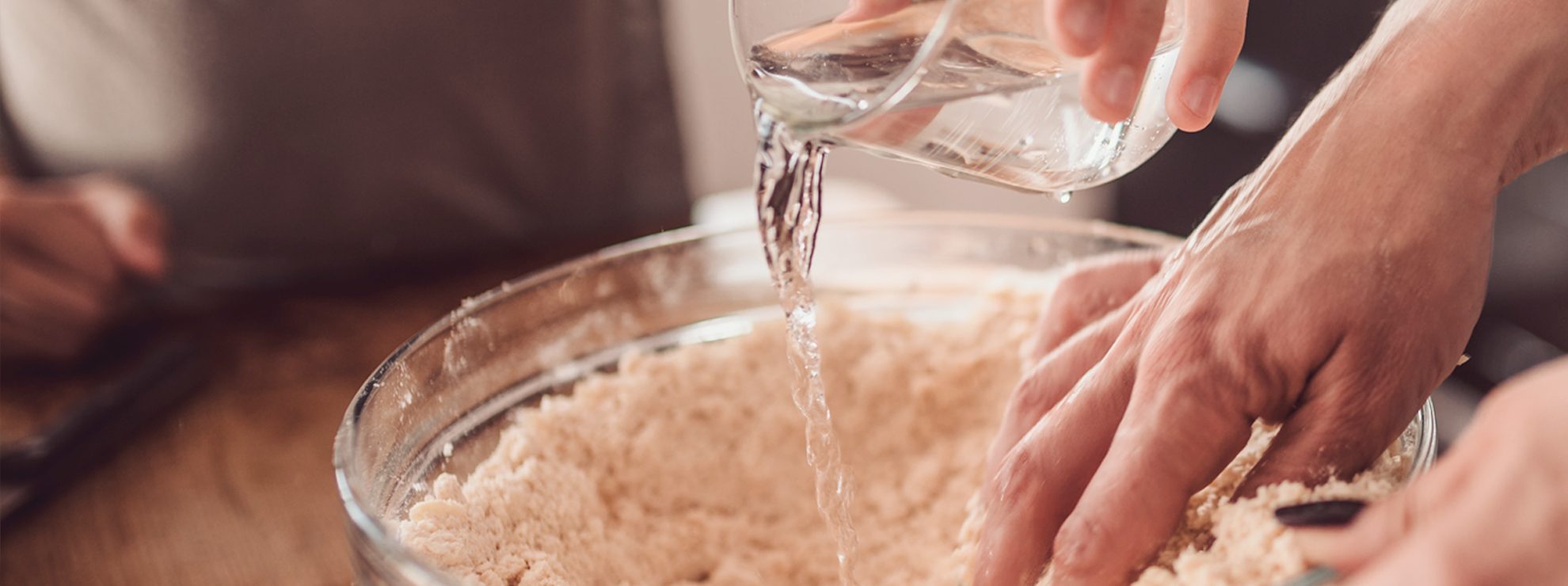The Truth About Fats – What You Should Know!
Navigating through nutrition is a tricky business. Today it’s good for us, tomorrow it’s carcinogenic. And to be fair to researchers, the link between nutrition and health is indeed complicated. Especially when you consider all other factors that play a role (sedentary life, smoking, drinking, genetics, etc.). One area receiving a lot of focus, is the study of fats. So, what exactly does research say?
;)
Back in the day, all fats were considered bad. Then we realized trans fats and saturated fats were the bad guys, and we needed to consume more mono- and polyunsaturated fats.
Why do we need fats?

Fats are not all bad. Because it’s a source of energy, your body uses it as fuel. It’s necessary for cell development and also aids in the absorption of certain vitamins (vitamin A, D, E, and K). Furthermore, it also helps to protect our organs and keep our bodies warm. But all fats are not created equal, so this is where the problem comes in: fats are neither all bad nor all good, and this is why we should scrutinize them.
Trans fats

Trans fats are bad. There’s simply no getting around it. It is true that trans fats form during the process of hydrogenation, in which oils are transformed into solids (like making margarine). But trans fats are also formed in nature. When ruminants (cattle, sheep, or goats) eat grass, bacteria digest it and produce trans fats.
Consumption of trans fats increases your bad LDL cholesterol, while decreasing the good HDL cholesterol. It also leads to inflammation, which has been linked to heart disease, stroke, and diabetes. The effect it has, is quite significant. Studies show that if 2% of your daily calories are from trans fats, your risk of heart disease increases by 23%!
Currently, we literally know of zero benefits to the consumption of trans fats, so in 2015, the FDA officially banned artificial trans fats, which gave food producers three years to reformulate their products.
Monounsaturated and polyunsaturated fats

These fats are good for us, and so far, there’s no risk attached to their consumption. Obviously, they contribute to your daily calorie intake, but consuming foods high in mono- and polyunsaturated fats can actually decrease your risk of heart disease. So, if you want a happy heart, eat more olive oil, avocados, nuts, and seeds.
Saturated fats

Although this category of fats has gotten a bad rap for a long time, researchers now say that it isn’t all bad. As mentioned, your body need’s fat for energy production and other functions. But experts still say we should limit our intake of these fats, since it could lead to an increased risk of heart disease and stroke.
Recent studies are contradicting the long-held negative views of saturated fats, but such research is still in its infancy. Those who advocate for the consumption of saturated fats, say the issue lies mostly with lifestyle factors (a sedentary life and smoking) and the consumption of sugar, rather than the intake of saturated fats.
Whatever the case may be, in nutrition it seems there is one truth that stands the test of time. Eat your vegetables, make sure your diet is balanced (that does NOT mean a pizza slice in each hand), and get enough exercise! And remember, as always: even if something is indeed good and healthy for you, it’s never a good idea to consume anything in excess.
;Resize,width=767;)

;Resize,width=712;)
;Resize,width=712;)
